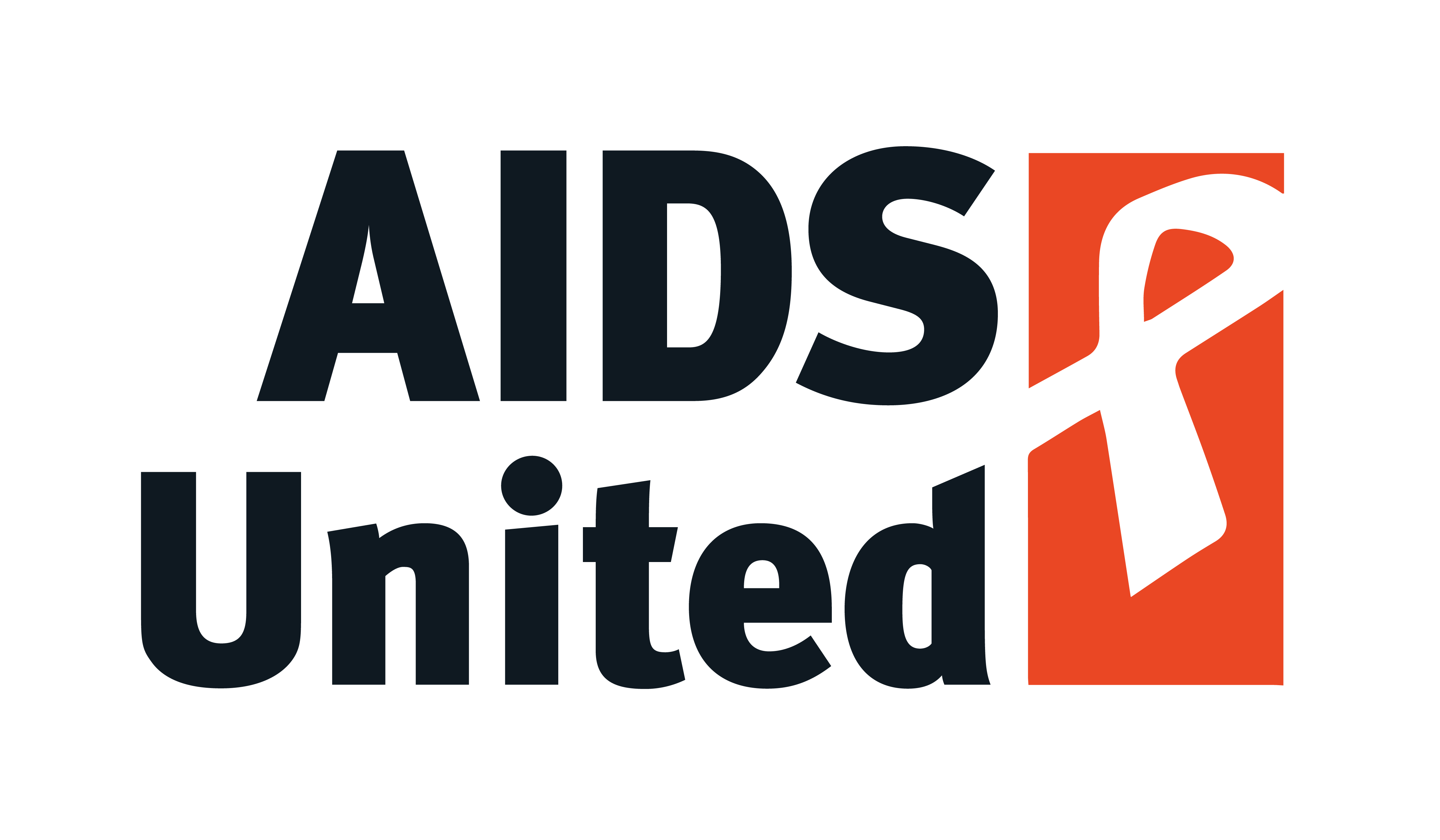
FOR IMMEDIATE RELEASE
Updated FDA blood donation policies a step in the right direction
More work needed to refine assessment criteria
Contact: Helen Parshall, hparshall@aidsunited.org
(202) 876-2823
WASHINGTON — The Food and Drug Administration announced Friday an update to its guidance surrounding blood donation eligibility, moving away from its existing rules that restricted donation from gay, bisexual and other men who have sex with men.
Following the announcement, Carl Baloney Jr., vice president and chief advocacy officer of AIDS United, issued the following statement:
“It is encouraging to see the FDA move away from its previous approaches grounded in stigma toward an individualized, comprehensive deferral system for all donors based on actual — not perceived — risk, regardless of gender identity. For decades, we have known that HIV is not a ‘gay disease’ and a government policy that equates being gay with living with HIV is indefensible.
“AIDS United has long recommended that the FDA establish policies that carefully distinguish between high- and low-risk behavior based on a modern and medically-based understanding of HIV transmission. While today’s announcement is a much-needed step forward, we must now work to refine the assessment criteria used to improve the safety of our nation’s blood supply without perpetuating discrimination and protecting the health of all our communities with access to needed resources.”
The full announcement is available on the FDA website.
AIDS United’s mission is to end the HIV epidemic in the U.S. through strategic grant-making, capacity building and policy. AIDS United works to ensure access to life-saving HIV care and prevention services and to advance sound HIV-related policy for populations and communities most impacted by the U.S. epidemic As of January 2021, our strategic grant-making initiatives have directly funded more than $118 million to local communities, and we have leveraged more than $184 million in additional investments for programs that include, but are not limited to, syringe access, access to care, capacity-building, HIV prevention and advocacy.
###

